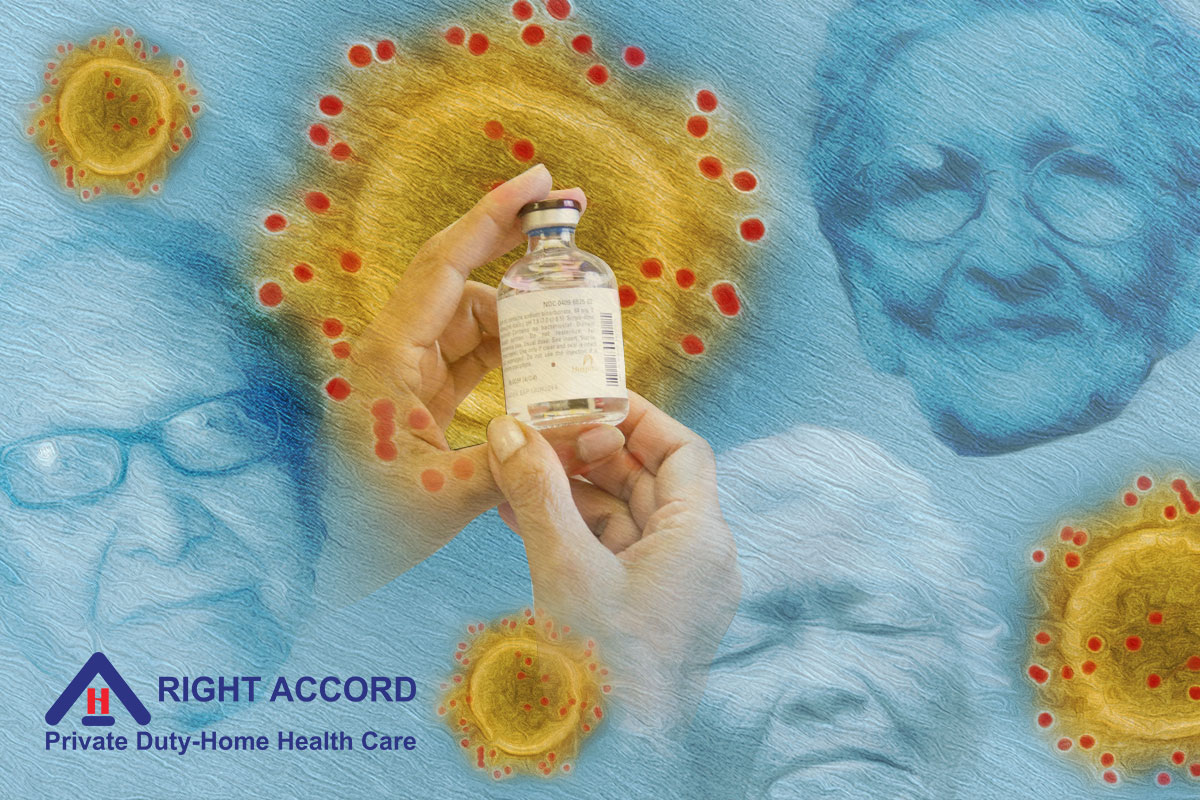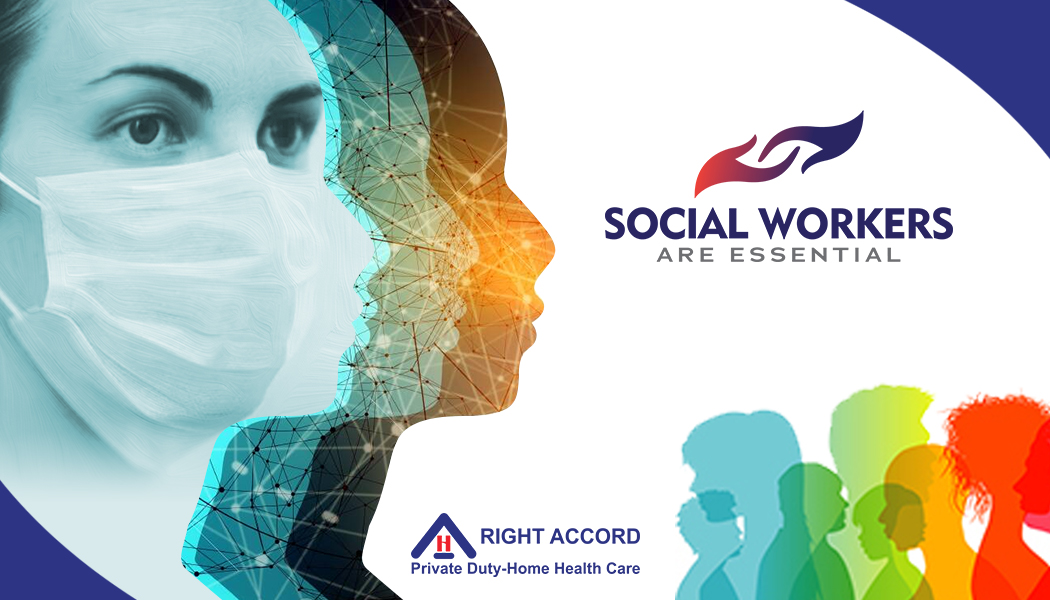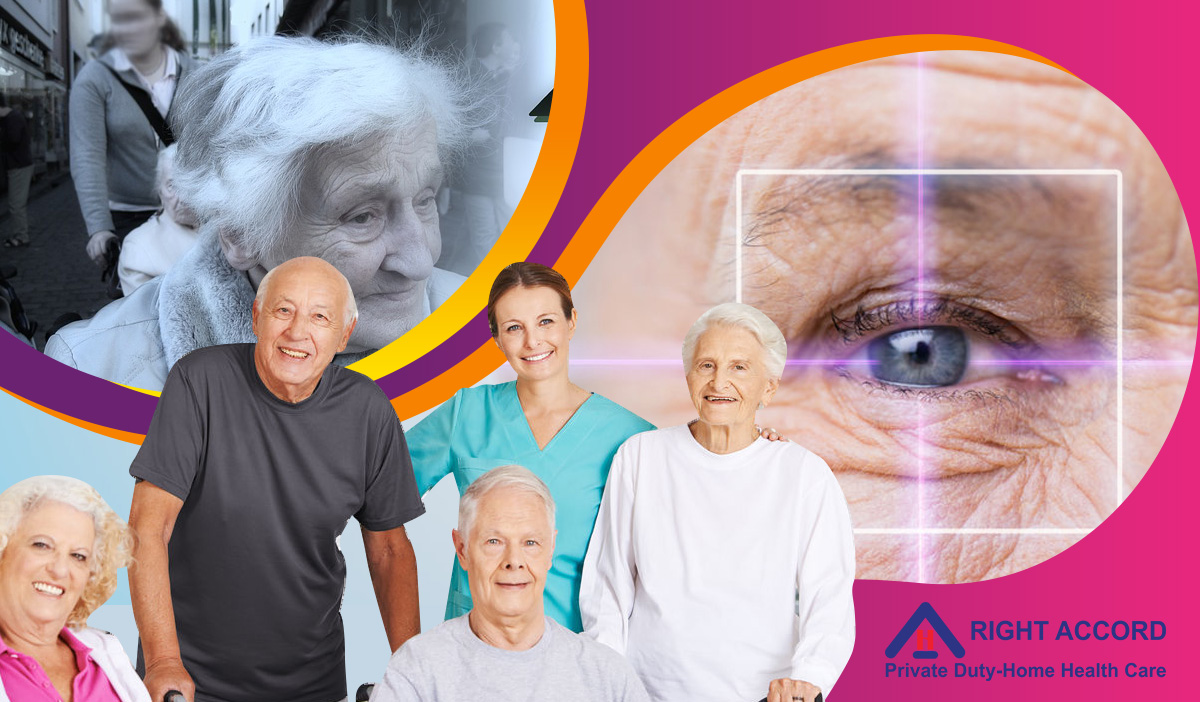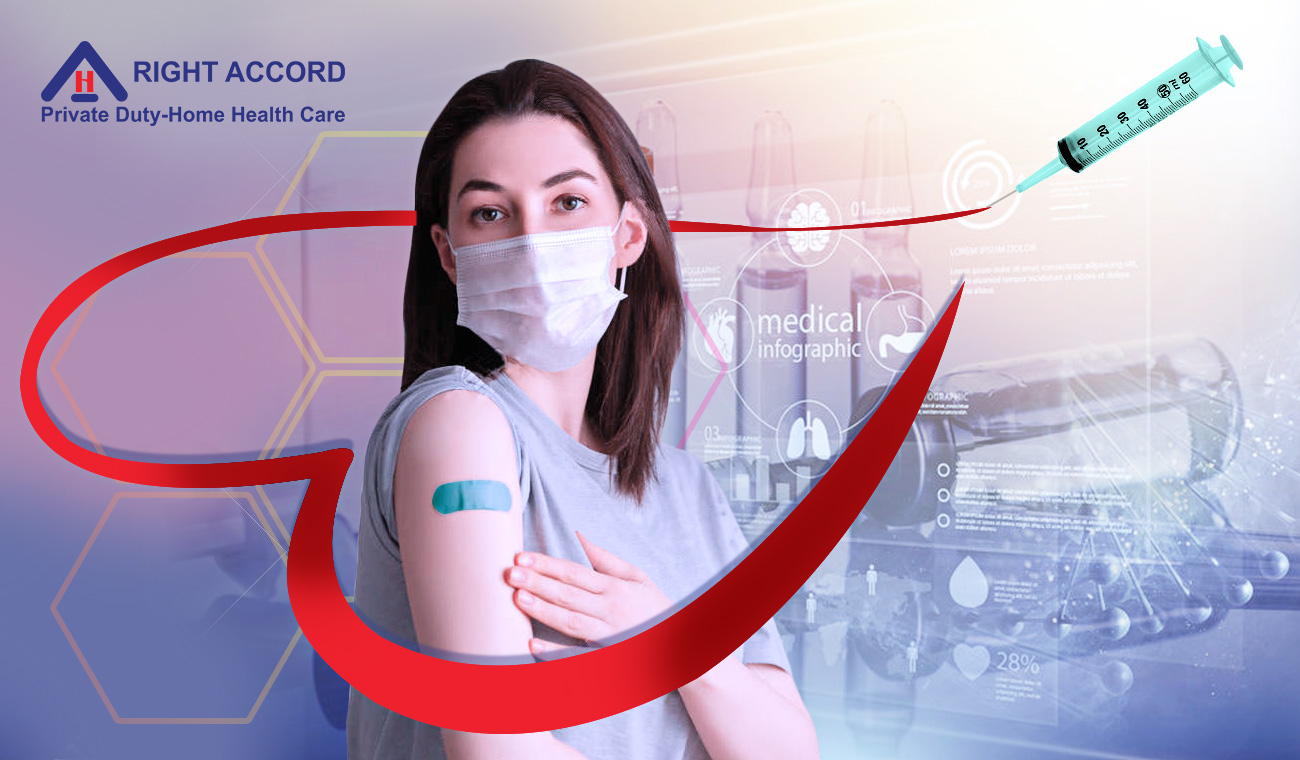· 8 min read
How to Take Care of Elderly Parents - Survival Checklist
This blog is about practical and useful checklist on how to take care of your elderly parents in any situation at any time. Read here to learn more!
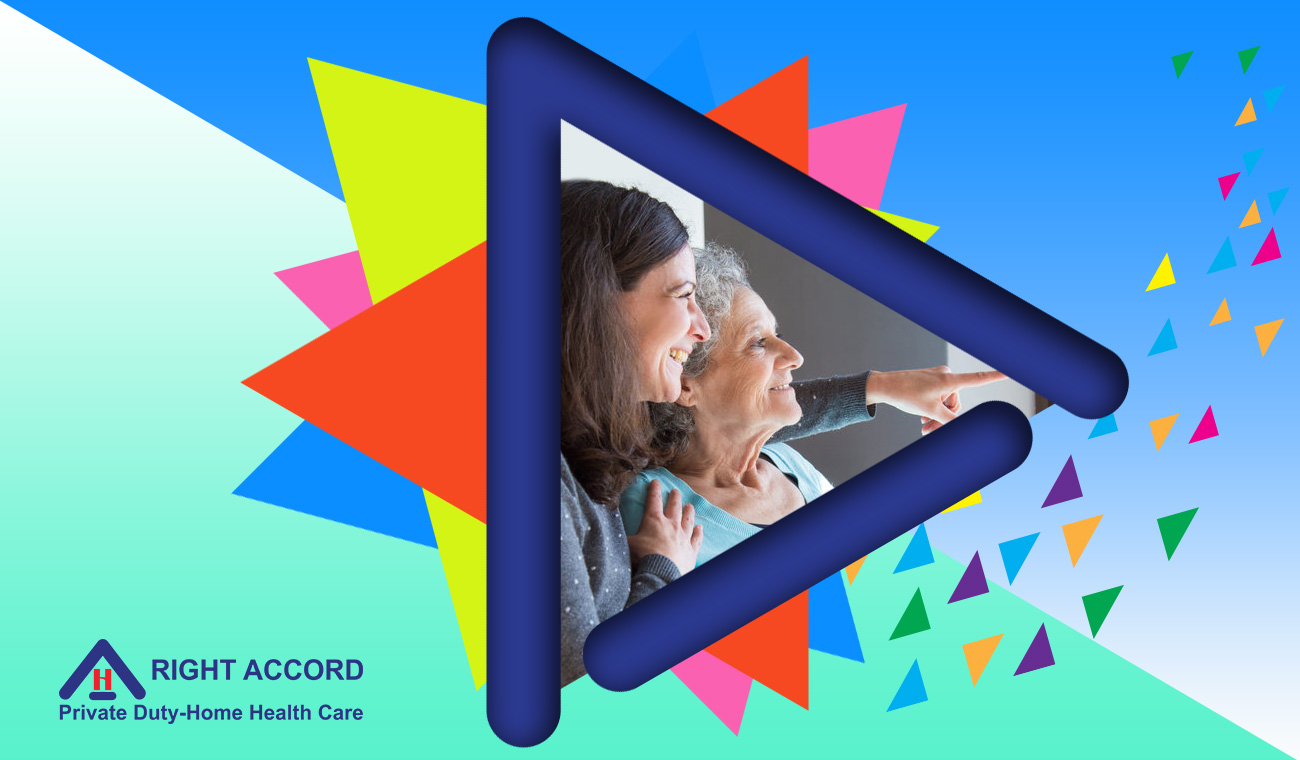
By: Rosemarie Tamunday Casanova — RN, BSN, MHA
If you understand how to take care of elderly parents or an elderly member of your family, chances are you will also be aware that maintaining his or her health is extremely hard work.
In many cases, you will feel like you are fighting an uphill battle with no hope of winning. Sometimes, gaining an advantage takes hard work and dedication, and even then something will inevitably crop up to return you to stage one.
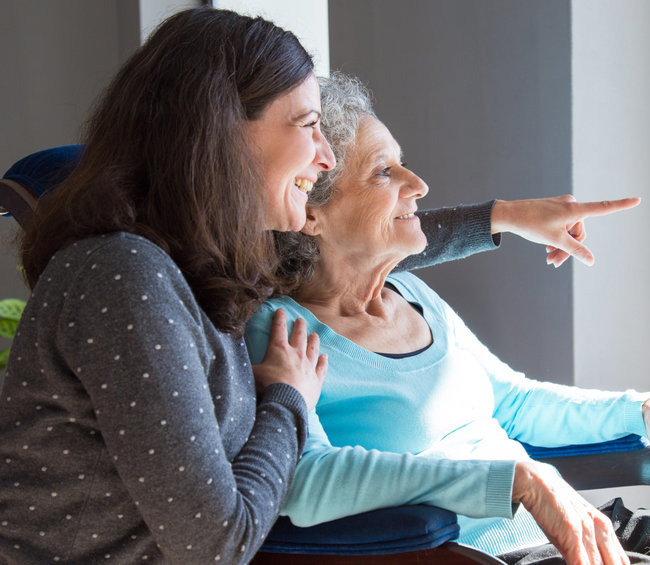
There are, however, some brighter sides to the story, and we should all take pride in that. If you care for a parent in any way, you clearly belong to that special group of individuals who respect and value life above all else.
Being able to care for a parent or a relative can be extremely rewarding and enrich your life.
Below is a quick checklist that can help you care for your elderly parents and protect their health under your guidance.
Prepare them a Regular Healthy Diet

Photo by Brooke Lark on Unsplash
You must ensure that your elderly relatives receive all of the nutritional requirements they require on a daily basis. A healthy diet can ensure that they stay as healthy and happy as possible, because they are prone to illness. A healthy diet should be low in fat and salt.
A large amount of either dietary substance can delay recovery from an illness. Salt and fat are both absorbed into the blood and slow down circulation. Excess fat can also block arteries. Instead, ensure that the patient gets plenty of fresh fruit and vegetables to provide essential vitamins and minerals for tissue regeneration as well as plenty of fiber to ensure regular bowel movement.
Maintain Good Hygiene in Their Daily Routine
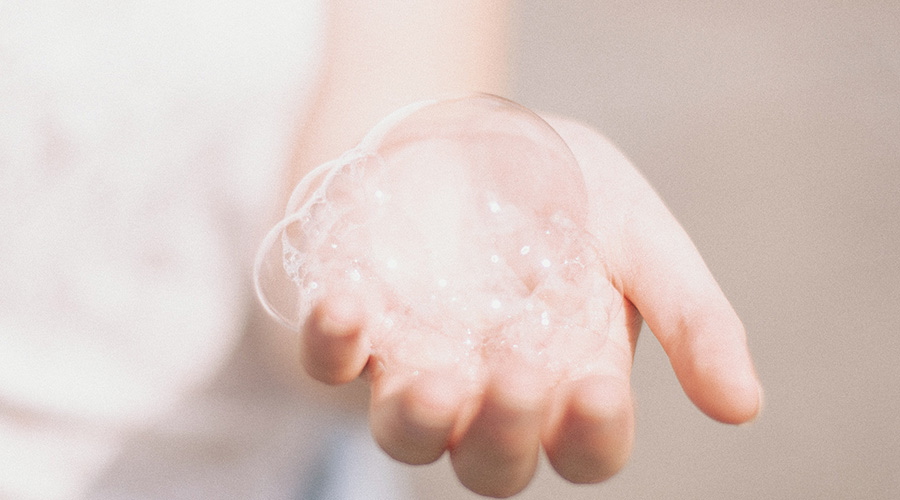
Photo by Matthew Tkocz on Unsplash
Every individual’s daily routine should include personal hygiene. It is undoubtedly one of the most important aspects of taking care of your aging parents. Even though it can be sensitive, if handled carefully, it can also create a bond between you.
You should pay attention to the routine that you are setting up when you are washing your elderly parents. Talk them through it the first few times so that they know what to expect. Not only will this build up trust, but it may also help them relax.
Establishing a senior’s personal hygiene routine should include establishing all the elements that we incorporate into our own daily routines. Taking a shower, washing all of the nooks and crannies, sanitizing and brushing teeth should always be integral parts of your health regimen. These activities should always be done on a daily basis.
Nonetheless, if your parents are capable of maintaining their own hygiene and can be trusted, you should always let them handle their personal care on their own. It not only promotes their independence but also gives them a sense of purpose. No matter how small their efforts, doing just one thing for themselves is better than nothing!
Keeping good personal hygiene for your parents will also promote their physical health as well as their mental well-being. As long as they maintain good hygiene, the rest of their appearance will fall into place.
Frequently Checked for Their Proper Medication
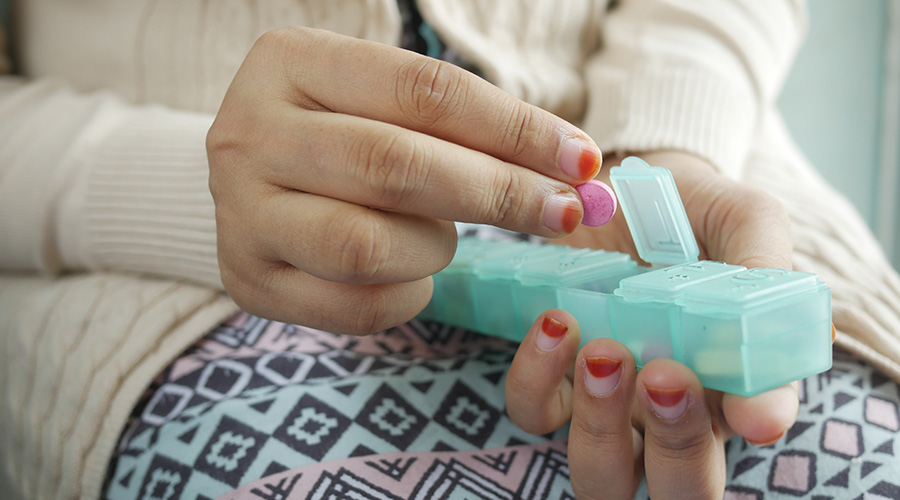
Photo by Towfiqu Barbhuiya on Unsplash
While caring for your elderly parents, you will also have a significant amount of pills and solutions to go through on a daily basis. It is likely that your aging parents are taking several prescriptions for various ailments at the same time. Sorting through all of them may seem daunting, but it is extremely important that you do so. Your elderly parent has been prescribed the medication for a reason, and had they been left to their own devices, they wouldn’t take it.
In the case of an elderly parent, there are measures you can take to help yourself. It is crucial that you sort through all of the medications and make sure that you are aware of the dosages, as well as checking that the prescriptions are up-to-date.
Establishing a routine will ensure no medications are overlooked or forgotten. In addition, the routine will assist the senior in your care to adjust to your authority. It will reassure him or her to know that certain medications need to be taken at specific times and that will make them feel much better. Additionally, it will give you peace of mind, so that you do not have to worry about forgetting the finer details. The routine will effectively manage this for you.
There are many tools you can use to ensure that medicines are taken at the right time in the proper dose. Compile a medication intake checklist that you can fill out every day. Also, by doing this, you will be able to keep track of the medications that you have.
Once the prescription has run out, you will know when it needs to be refilled. Also, daily doses boxes are a fantastic idea in this type of situation. The tablets come in little grids that are sealed in order to prevent the seniors from getting to them and taking them at the wrong times or in the wrong doses. They can be filled at the beginning of each month, making it easier to control the medication on a daily basis. Also, you’ll save valuable time that could be spent on other things, since they’ll be all in one place.
Taking medication regularly is an important aspect of a senior’s daily routine, but it should be adhered to at all costs. Creating a highly organized system will help you avoid any mistakes and provide your elderly parents with better care.
Get Practical Knowledge About Wound Care
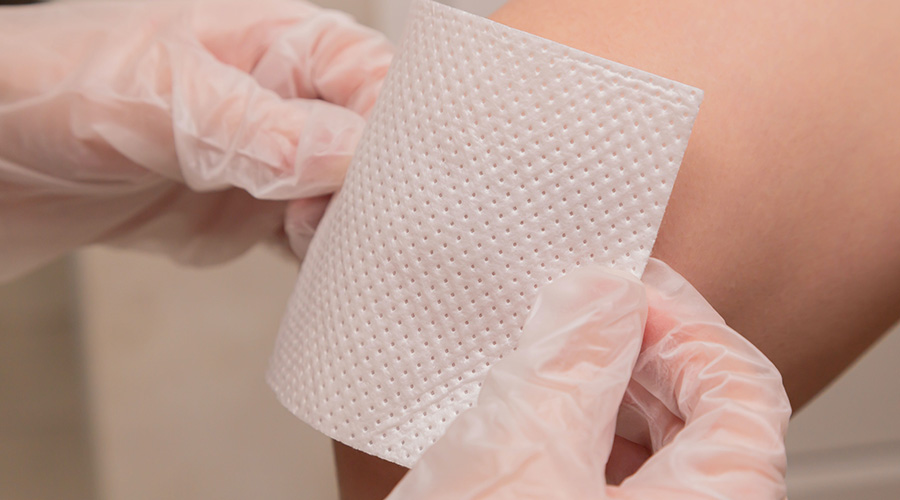
Photo by Diana Polekhina on Unsplash
Every caregiver should have a basic understanding of wound care, and getting it right requires a small amount of practice. Even though it only requires a few moments of your time, it can yield big rewards when you consider the damages that bacteria and viruses can cause.
Cuts and scrapes are perhaps the most common injury among elderly in care. Most of them are pretty harmless and barely register in the minds of elderly people receiving them. However, every cut and scrape can become infected if not treated right away. When wounds occur, they should be cleaned, disinfected, and dressed as soon as possible.
In addition to wound care, ensure the elderly person you are caring for is up to date with any necessary shots. Tetanus is particularly important because it is perhaps the easiest serious infection to contract. The bug only needs an open wound to travel through the bloodstream. This fact also reinforces the notion that wound care is an important part of infection control.
Prevent Your Elderly Parents From Dealing With Falls
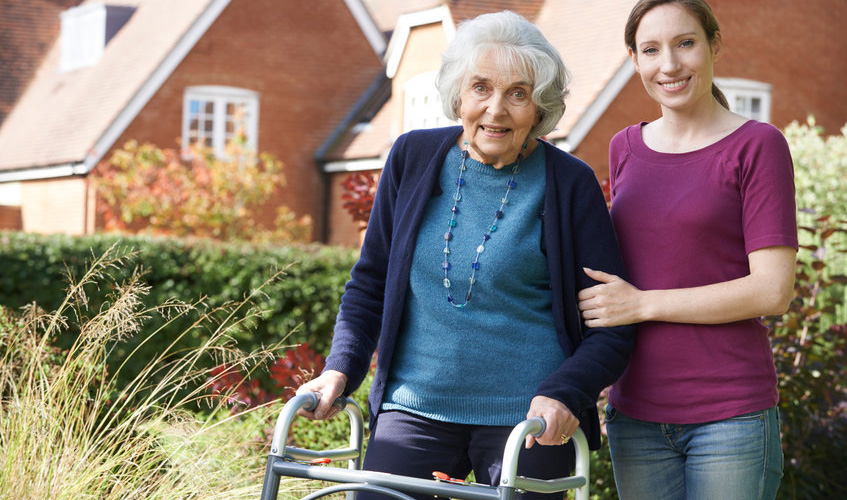
Since prevention is better than cure when it comes to elderly falls and hospital trips, it may be wise to take preventative measures to head off falls before they occur. It can be difficult at first to maintain the safety and security of an elderly individual, since you don’t have eyes in the back of your head.
You might need some time to become familiar with their movements, habits, and routines. Once you pay attention to them closely over time, you will soon be able to anticipate their moves before they occur. As a result, you will be able to spot danger from a mile away, preventing falls. This is not a solution that can be utilized in the short term, and you must be able to prevent falls as soon as possible after you become their primary caregiver.
Generally speaking, preventing trips and falls has nothing to do with elderly individuals. You should instead focus on their immediate environment. Be sure to remove any trip hazards in their home. Remove everything from rugs and loose carpeting to small ornamental items in the room. All of them can be hazardous in the right situation, or wrong situation as the case may be! You should also consider effective fall prevention methods. Zimmer frames can be extremely effective for those unsteady on their feet, and cot sides can be attached to a bed to prevent falling during the night.
If your elderly parent does experience a fall in the home, then you should know how to manage the situation. As a first step, you should remove all hazards from around the individual to allow you to assess damage.
You must then administer first aid if necessary. Be cautious not to move the individual until you are sure there is no damage to joints and limbs. If you believe he or she may have sustained a head injury, then you must call for an ambulance immediately. Keep your relative warm and as comfortable as possible until the paramedics arrive.
Falls present a very real risk at home, so you should always be prepared. There will inevitably be falls, regardless of how well prepared you are, but taking away the means will reduce the number of falls and hopefully reduce the severity of the injuries.
